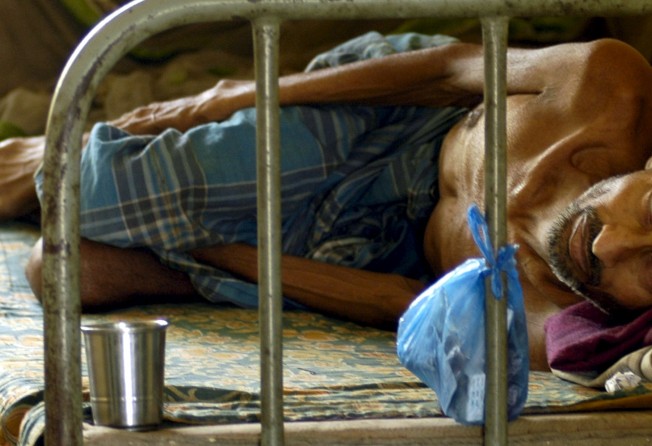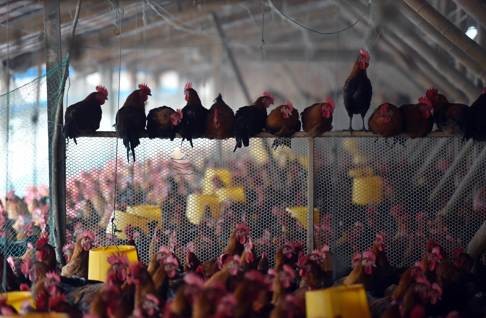Regulate use of medicines to curb drug resistance that’s turning common diseases into killers
Nana Taona Kuo says improved access to drugs, especially the overuse of antibiotics, is fostering antimicrobial resistance that makes diseases harder to treat

Every five minutes, a child in Southeast Asia dies from an infection caused by drug-resistant bacteria – a situation that is likely to get worse.
Antimicrobial resistance, which happens when microorganisms become less susceptible to antibiotics, is making diseases more difficult to contain and harder to cure. Diseases we no longer fear, such as pneumonia and tuberculosis, are re-emerging as major killers, as the tools we use to fight them become less effective.
It’s a daunting prospect. Drug resistance is eroding generational improvements in global health. The reduction in maternal and child deaths over the past 15 years, for instance, was in great part due to increased vaccine coverage and access to antibiotics.
Drug resistance also jeopardises our chances of achieving internationally agreed health targets. Efforts at tackling malaria, for example, are being undermined by an increased resistance to drugs. Drug resistance and superbugs hit the poor, vulnerable and marginalised more forcefully – and fatally.
The odds are not in our favour: microbes outnumber humans by around 10 million trillion to one. Drug-resistant infections are already responsible for more than half a million deaths annually. By 2050, they could kill another 10 million people globally every year. In poor countries, it is hard enough ensuring basic medicines are readily available. If resources like antibiotics become ineffective as well as scarce, the impact will be catastrophic.

The UN is playing its part. In September, the secretary general launched the “Global Strategy for Women’s, Children’s and Adolescents’ Health”, which aims to curb drug-resistant infections. The strategy, which is the fruit of consultations with partners in the Every Woman Every Child movement, builds on new evidence, fosters innovation and focuses on critical population groups to promote more equitable health services and coverage. The World Health Organisation has recently launched a new campaign – Antibiotics: Handle with Care.
But a greater political commitment, matched by bigger investments, is urgently needed. Drug resistant infections are a collective problem, requiring a co-ordinated response.
Nana Taona Kuo is the senior manager of Every Woman Every Child in the executive office of the UN secretary general